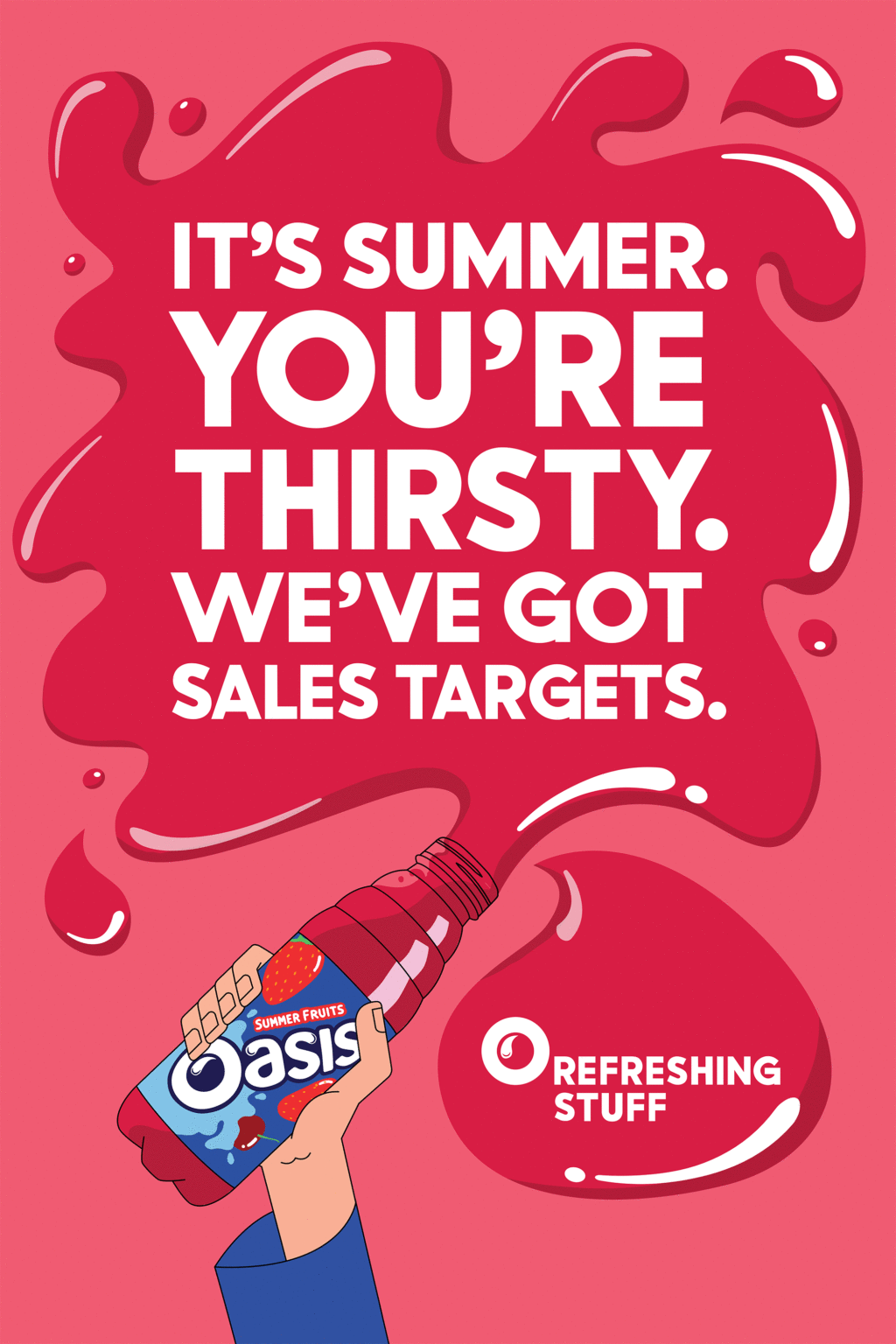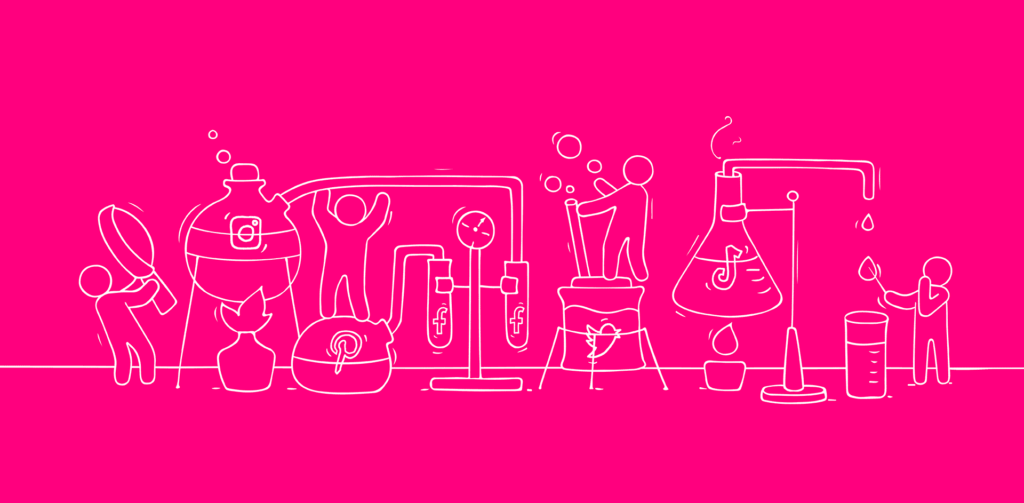I first saw it when caught in traffic. I noticed the poster on a bus shelter and it made me smile – the directness just appealed to me.
Then, during a client meeting, the simplicity of the Oasis drinks campaign came up and we all agreed that it was an interesting creative direction to take, but we couldn’t decide who it was aimed at.
And, this morning, a connection liked a photo of the campaign on LinkedIn.
Having now found out a bit more about it, it was apparently designed to target teenagers. None of the people talking about it, including myself, are teenagers or Millennials.
I’ve been assured this is the perfect mix of cynicism and pragmatism for the millennial generation, but is the message just too mature?
“You’re thirsty. We’ve got sales targets.”
The campaign created by The Corner agency is a brilliant eye catching piece of honesty, but does it say to Millennials that Oasis can be trusted or is it just appealing to their pragmatic attitude?
The Brookings Institution, one of America’s oldest and wisest Think Tanks, says that Millennials are the least trusting generation on record. Yes, they love their social impact motivations but they also believe that people can’t be trusted. They say this combination of social impact and mistrust shows itself in a truly pragmatic approach to life. I get that.
So how does the new Oasis campaign reach that generation?
I decided to call three Millennials that I know, including a teenager (although, I had to IM one of them because he’s too busy being an entrepreneur at the age of 22).
The responses were as follows:
“Sorry, I don’t get that.”
“Sounds to me like someone couldn’t be bothered or just doesn’t care.”
“Umm, I’m not sure I know what that means.”
Although the message was pragmatic, is the message just too mature? Can cynicism be used as currency, or is the Oasis message cynicism for another generation?
We loved it! We’ve even bought some Oasis drinks because we thought it was so clever. But is that the result Oasis was looking for?



